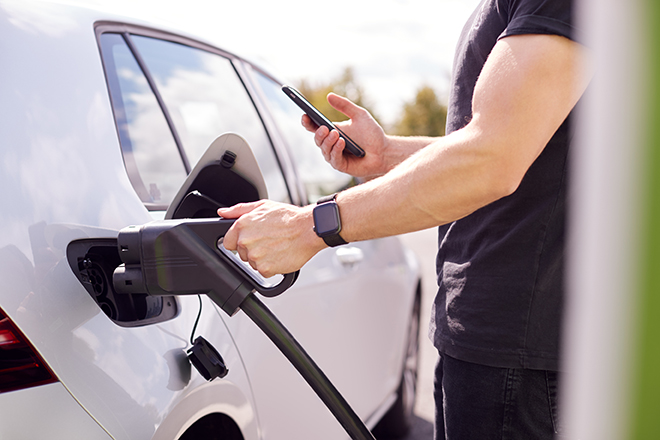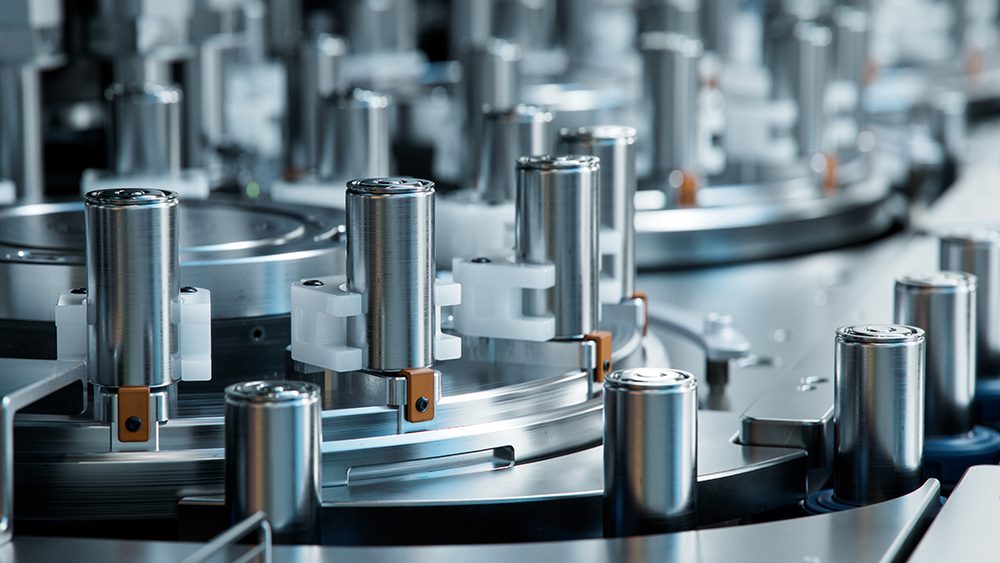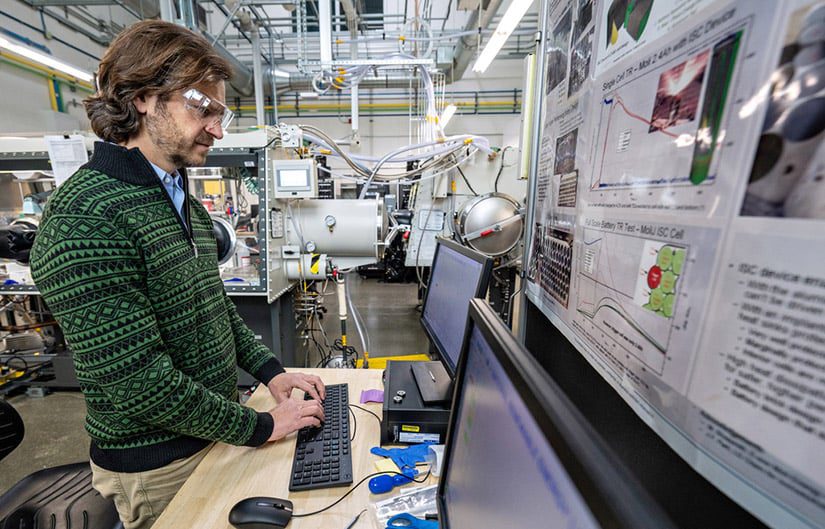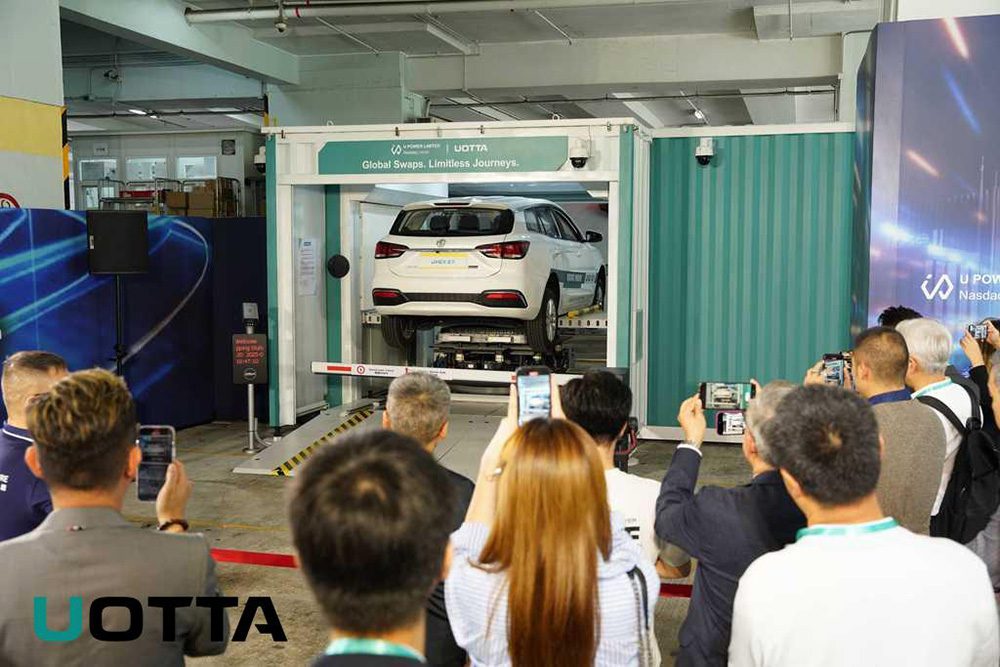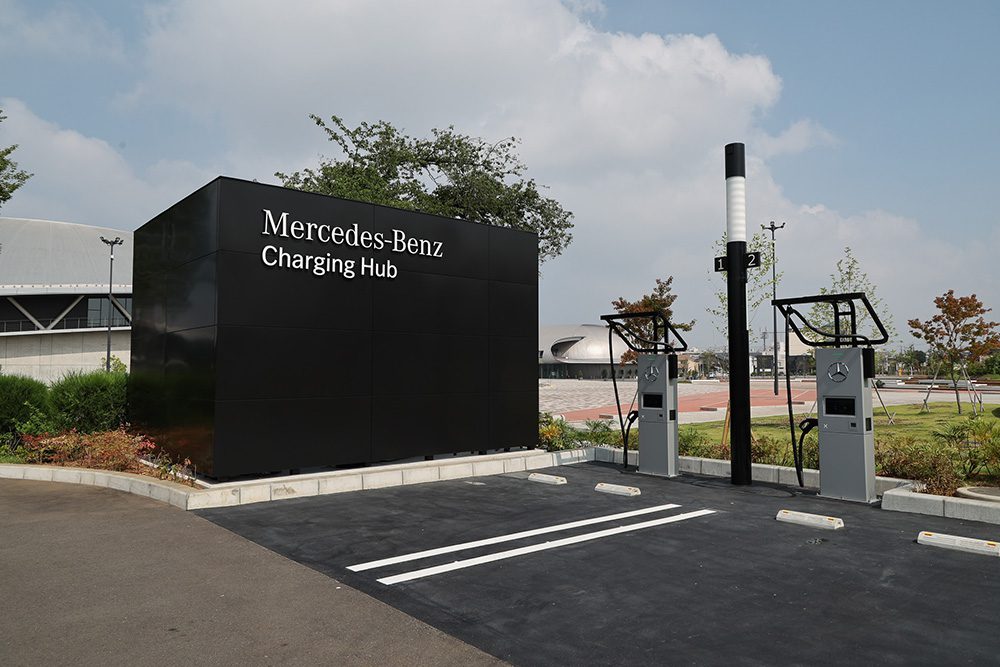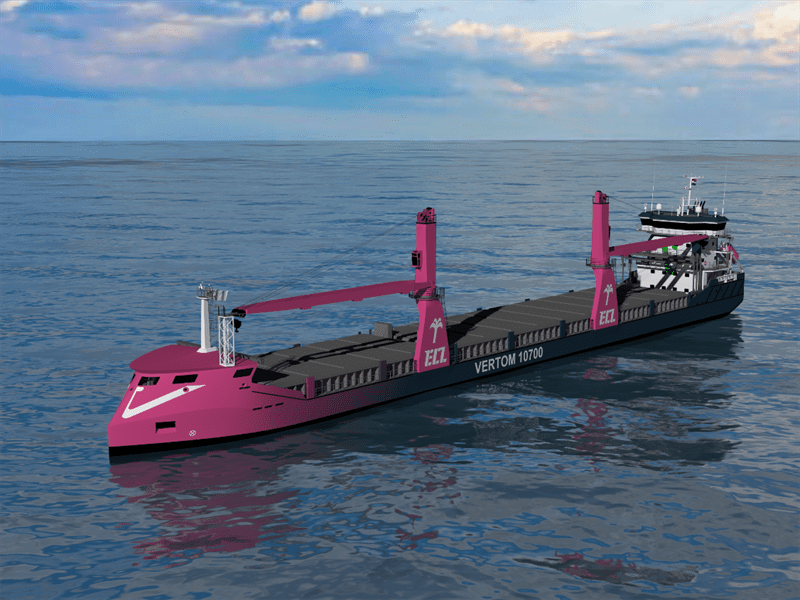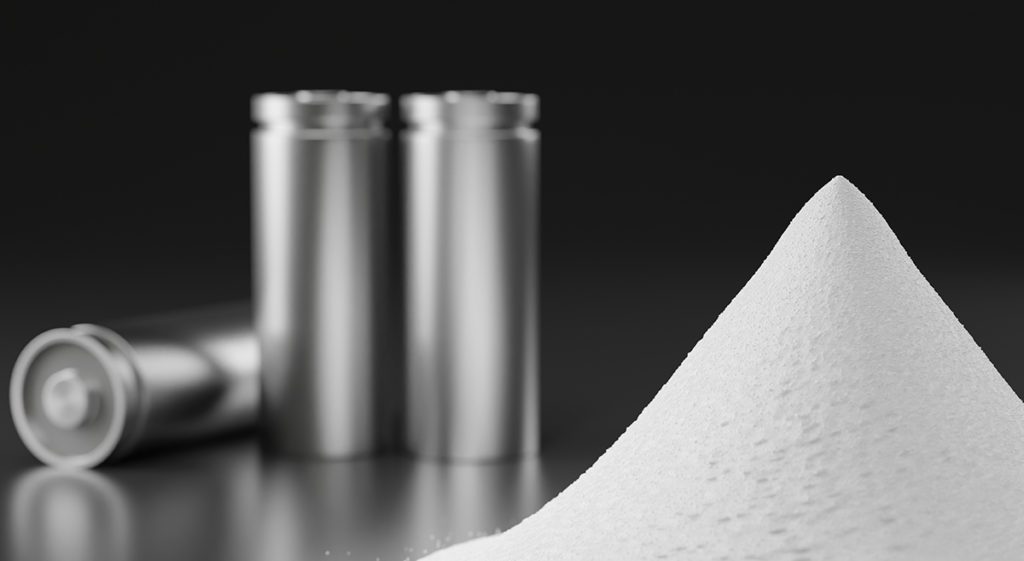In March, the state of Washington one-upped EV trendsetter California with a proposal to phase out gas-burning cars by 2030—five years earlier than the Golden State’s proposed ban.
Washington’s legislature has now passed Clean Cars 2030, part of a larger bill (E2SHB 1287) that directs the state’s utilities to prepare for all-electric transportation. Unlike California and Massachusetts, Washington enacted the measure through legislation, rather than by executive order.
The bill passed with a vote of 25-23 in the Senate and 54-43 in the House, and will now go to Governor Jay Inslee to be signed into law. It aims to ban the sale or registration of any non-electric vehicle of model year 2030 or later—it would also apply to cars purchased out of state and imported into Washington. Both battery-electric and fuel cell vehicles would be allowed.
Apparently, Clean Cars 2030 does not by itself ban ICE vehicles. It will take full effect only when 75 percent of vehicles on the road are subject to a road usage charge (instead of the gas tax and EV tax that the state currently uses to finance road construction and maintenance). Implementation of a road usage charge is the subject of a separate bill, and is expected to take place “within the next several years,” according to Coltura, an anti-pollution group that supported the bill.
“Passage of this legislation takes the guesswork and uncertainty out of the electric vehicle transition by creating a clear timeline with the data, tools, and guidelines we need to help businesses, developers, governments, and consumers plan with confidence,” said State Senator Marko Liias (D-Lynnwood), one of the bill’s sponsors. “Clean Cars 2030 is a critical step to meet urgent carbon reduction goals here in Washington and can serve as a model and impetus for other states to accelerate the switch to EVs.”







